Barley field in East Lothian, Scotland
© Scott Masterton/plainpictur
Welcome to Scotland's garden
Today, we're in the 'Garden of Scotland,' better known as the East Lothian region, to pay homage to the area's agricultural roots on Lammas Day. Also known as Loaf Mass Day, it's an observance that marks the beginning of the harvest season and is traditionally celebrated on August 1. The holiday is descended from the ancient British tradition known during the Middle Ages as the Gule of August and was gradually incorporated into the Christian liturgy celebrating Holy Communion. It gets its name from loaves of bread baked from the first harvested grain of the season each year.
Traditionally, Lammastide festivals would mean up to 10 days of raucous eating, drinking, and general merriment. Scottish couples could also take advantage of another common practice during a Lammas fair: a trial marriage, or 'handfast,' where a young couple could live together for a period that could last as long as the Lammas festival itself, or even up to a full year. If at the end of the trial the couple decided to call things off, the woman could return to her family with all of her possessions. If a child was born from this union, it would go live with the father without stigma. And while this arrangement seems awfully modern, it was likely just a consequence of a lack of priests—handfasts allowed a single traveling priest to perform all the town's weddings in one day.
Related Images
Bing Today Images



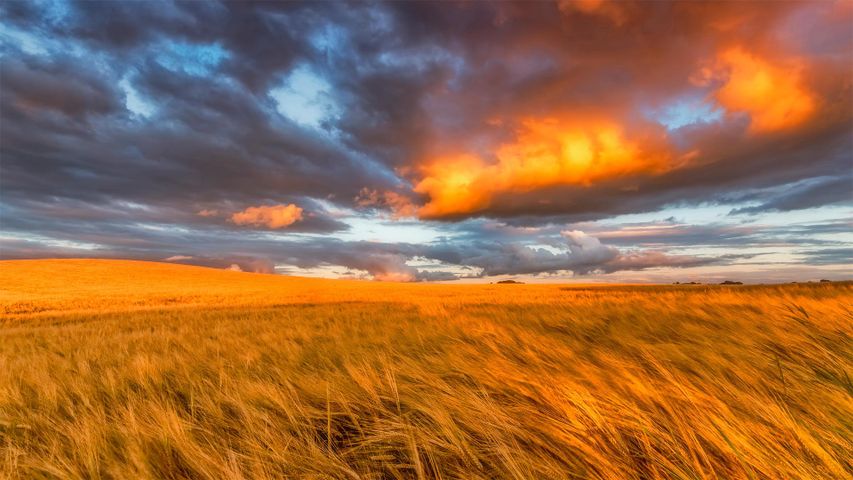
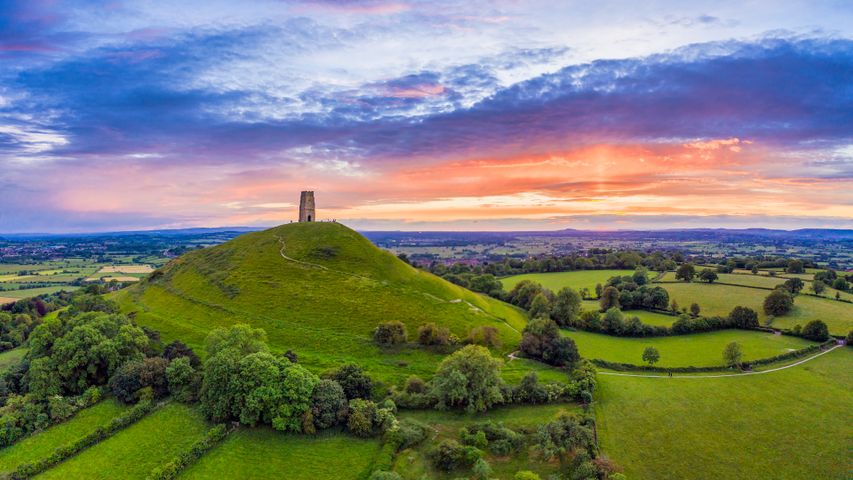 St. Michael's Church Tower on Glastonbury Tor, Glastonbury, Somerset, England
St. Michael's Church Tower on Glastonbury Tor, Glastonbury, Somerset, England
 Chisos Mountains, Big Bend National Park, Texas
Chisos Mountains, Big Bend National Park, Texas
 Arromanches-les-Bains in Normandy, France
Arromanches-les-Bains in Normandy, France
 Knuthöjdsmossen, a nature reserve in Sweden
Knuthöjdsmossen, a nature reserve in Sweden
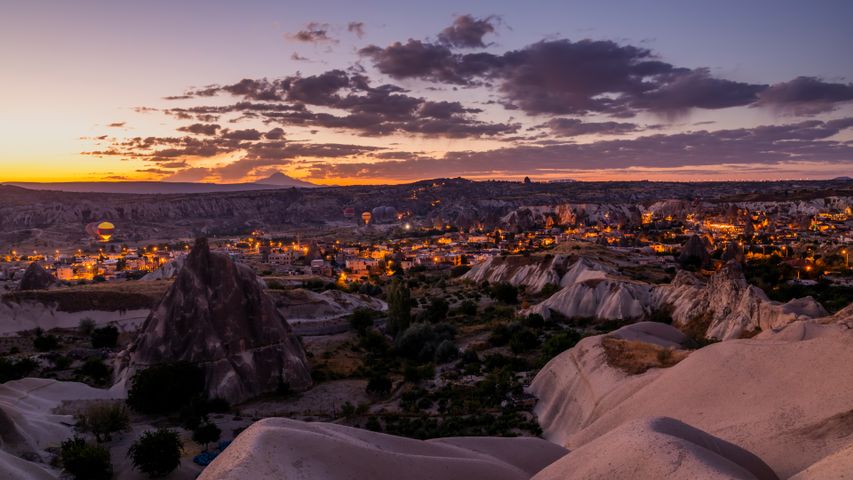 Hot air balloons over Göreme Historical National Park in Cappadocia, Türkiye
Hot air balloons over Göreme Historical National Park in Cappadocia, Türkiye
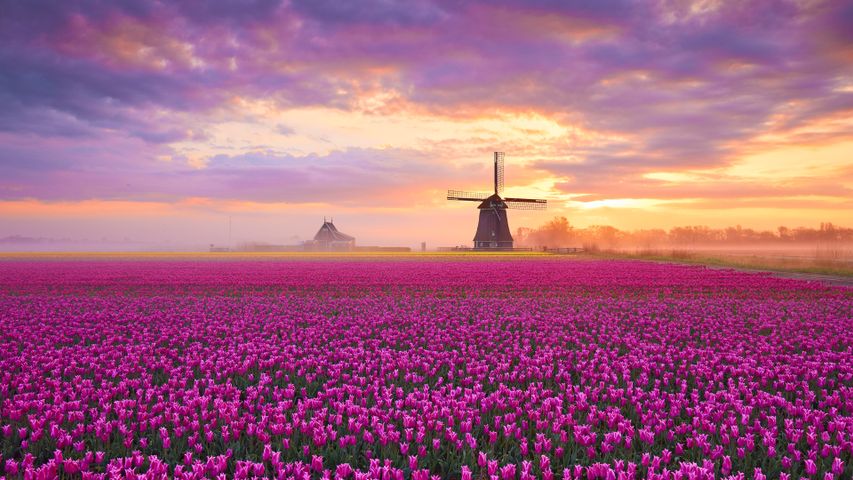 Tulip fields in Netherlands
Tulip fields in Netherlands
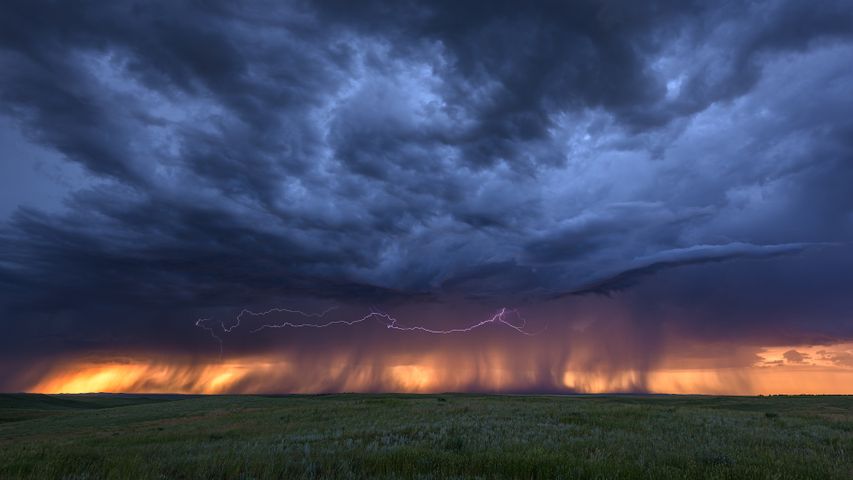 Lightning and storm clouds at sunset near Bowman, Nebraska
Lightning and storm clouds at sunset near Bowman, Nebraska
 Mount Fuji at sunrise, Lake Kawaguchi, Japan
Mount Fuji at sunrise, Lake Kawaguchi, Japan

